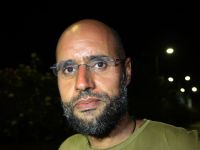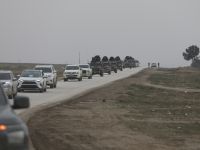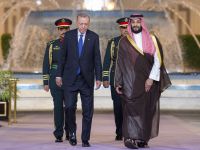The United Kingdom will take in an undetermined number of refugee children who have been separated from their families by conflicts in Syria and other countries, the government announced on Thursday.
Officials will coordinate with U.N. refugee agency UNHCR to identify children who are eligible for residency in Britain, according to a statement made by the Home Office.
David Cameron, Prime Minister, said in September that 20,000 refugees from camps on Syria's borders would be allowed into the UK by 2020. Over 1,000 have arrived to date and half of them are children.
The UK withdrew from European Union quotas for accepting refugees and dispersing them throughout the 28 countries.
"The crisis in Syria and events in the Middle East, north Africa and beyond has separated a large number of refugee children from their families," Immigration Minister James Brokenshire said in a statement.
He also noted that "we have asked the UNHCR to identify the exceptional cases where a child's best interests are served by resettlement to the UK and help us to bring them here."
A Home Office spokeswoman said she was unable to confirm the exact number of children eligible in the scheme.
Pressure mounted on Cameron to take in more children following the appearance of pictures of Syrian three-year-old Aylan Kurdi, who drowned in his family's attempt to reach Greece last year.
The UK donated over a billion pounds to the refugee crisis in Syria and the surrounding region, making it is the second-largest donor to the crisis after the U.S.
It also declared on Thursday the creation of a new fund of up to £10 million to support refugee children within Europe.
Immigration is one of the most sensitive issues in British politics.
The net figure of annual migration reached a record high of over 300,000 last year and as a result Cameron failed to deliver on a pledge to reduce the figure to below 100,000.
The prime minister was criticized by opponents and described as crass on Wednesday for referring to "a bunch of migrants" at camps in Calais, northern France, during Prime Minister's Questions at the House of Commons.








